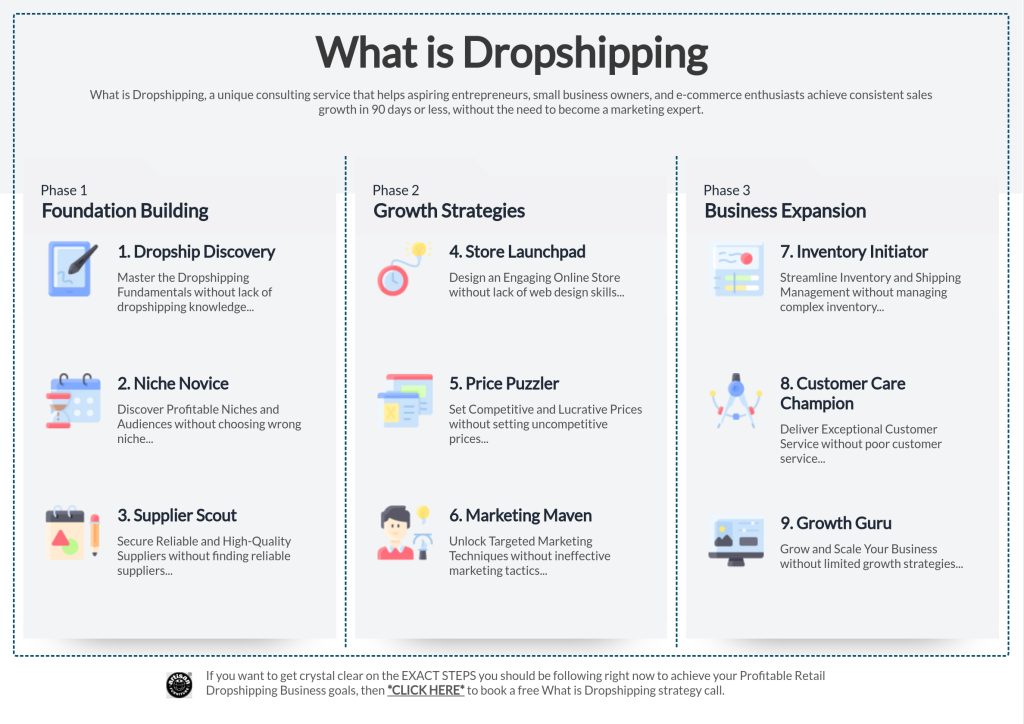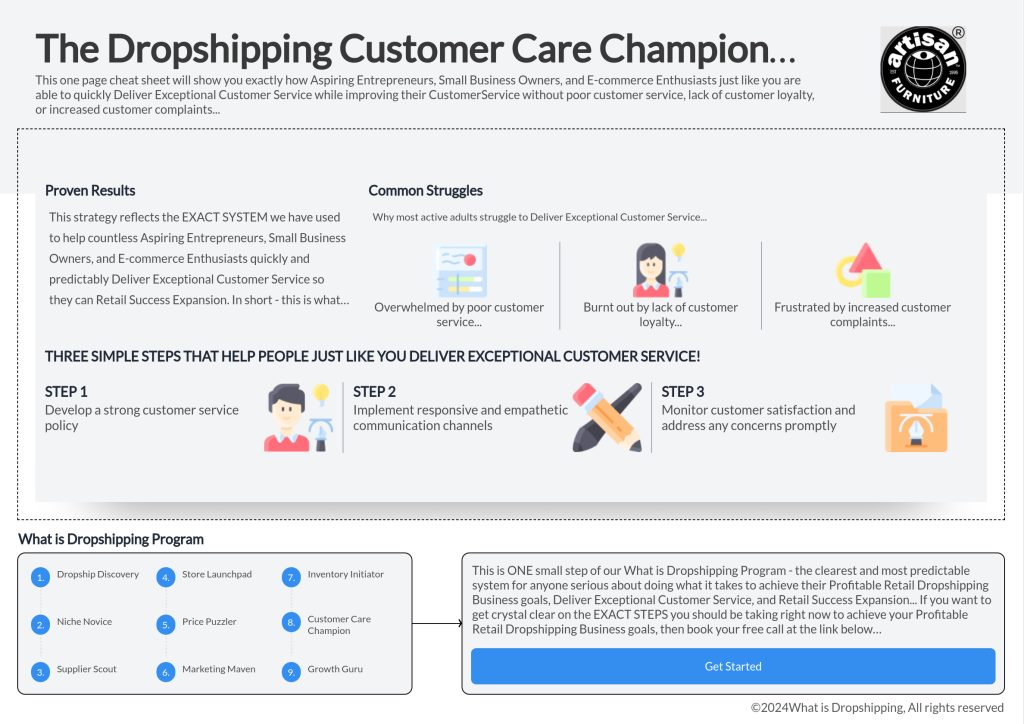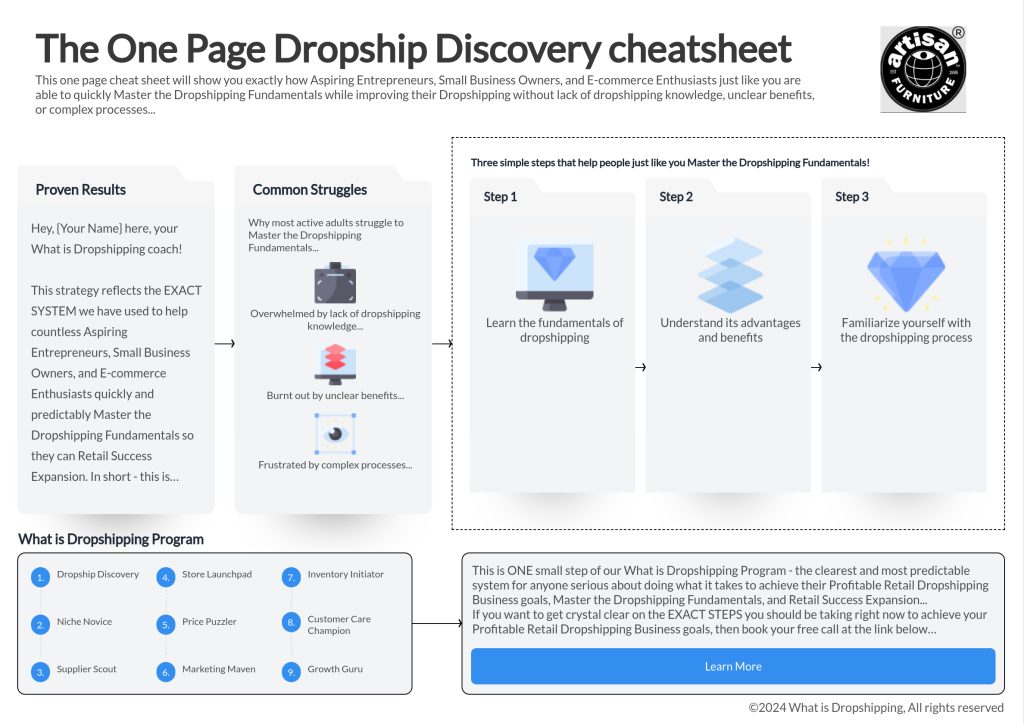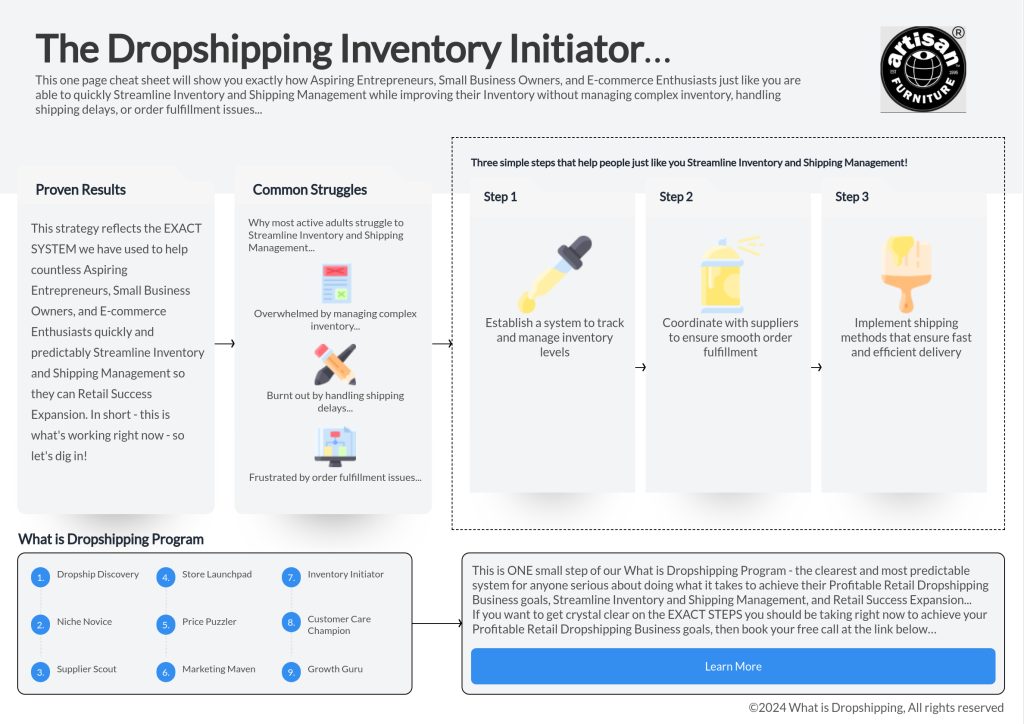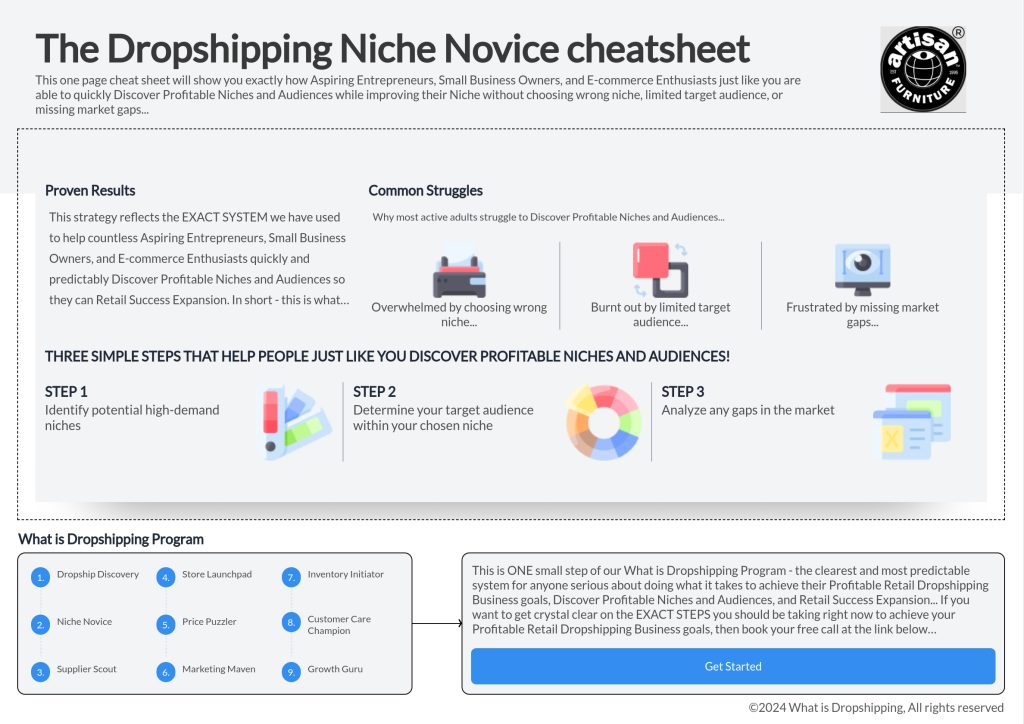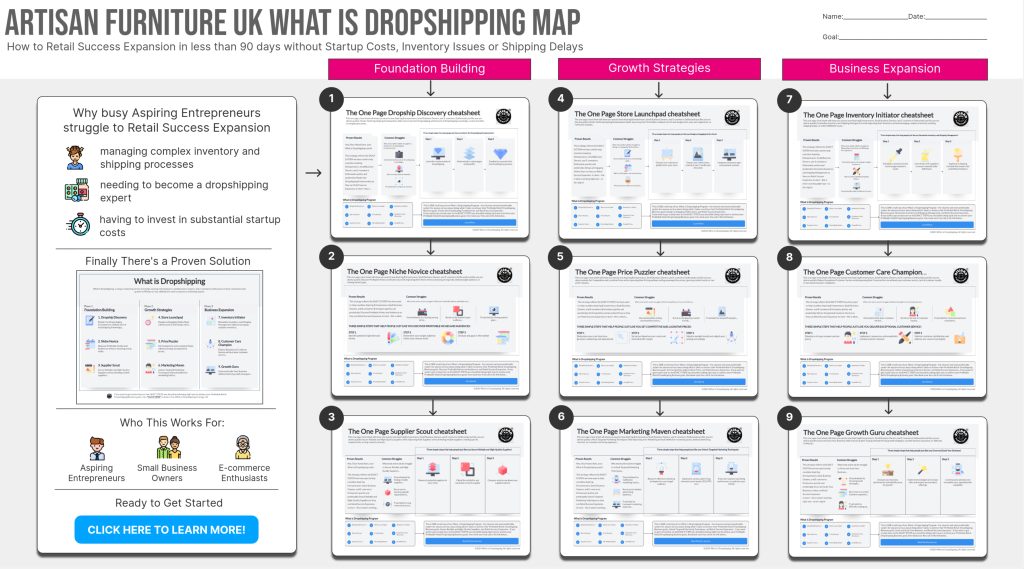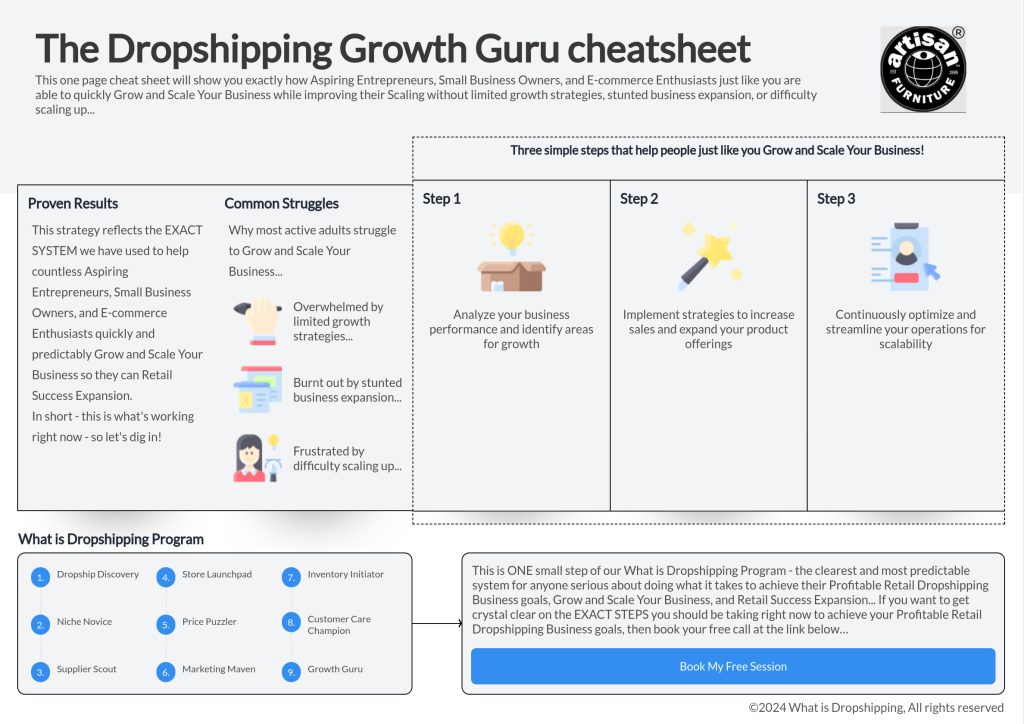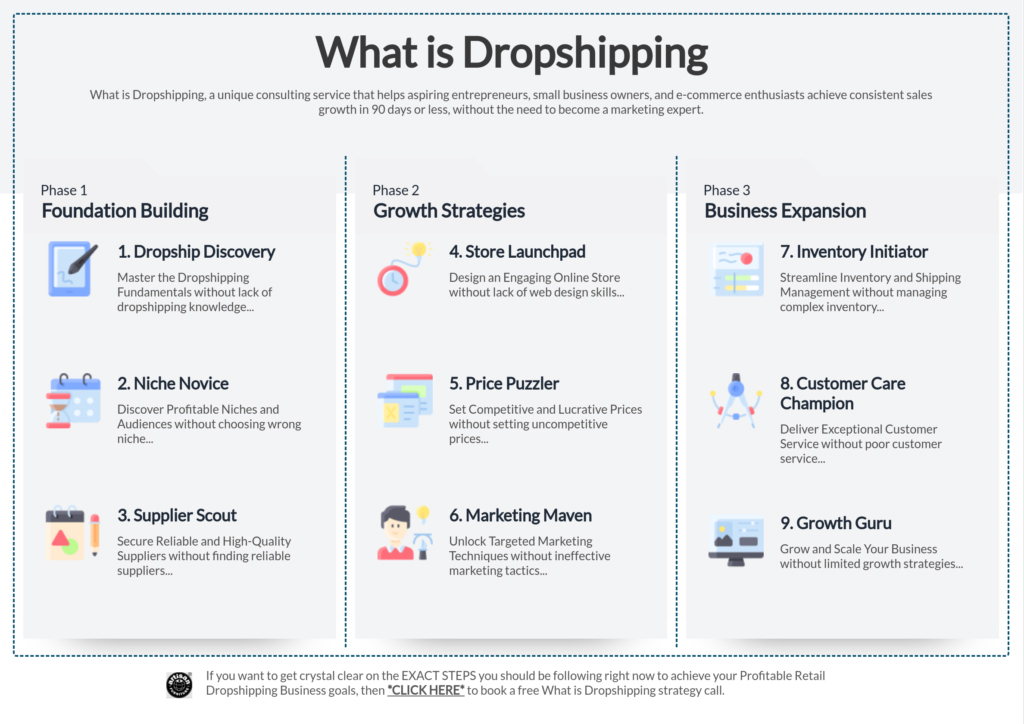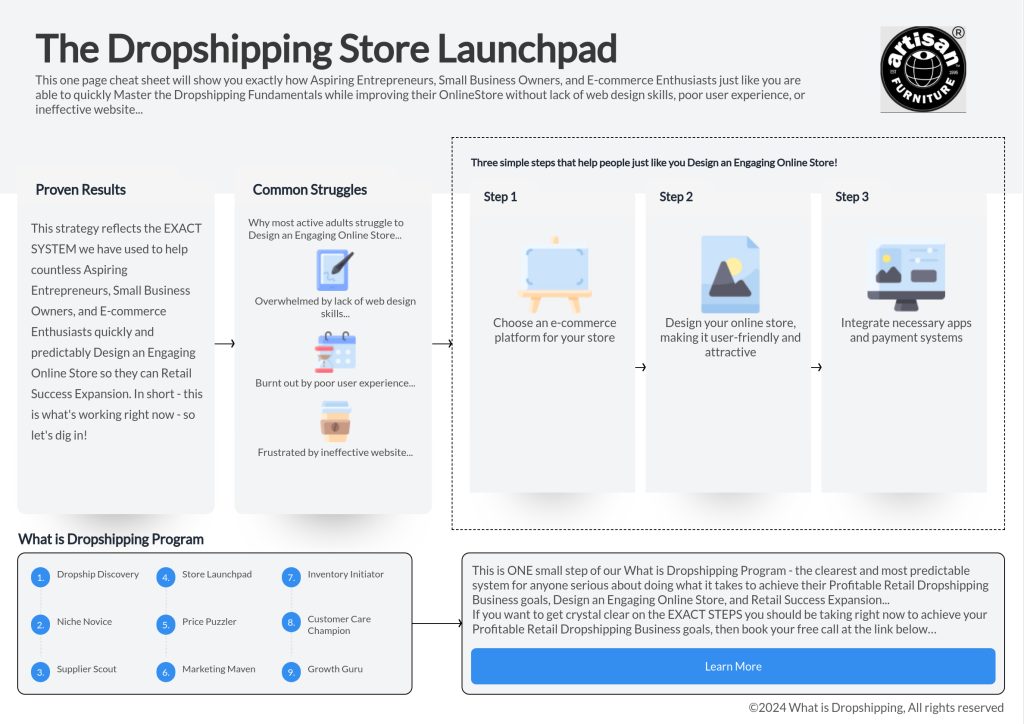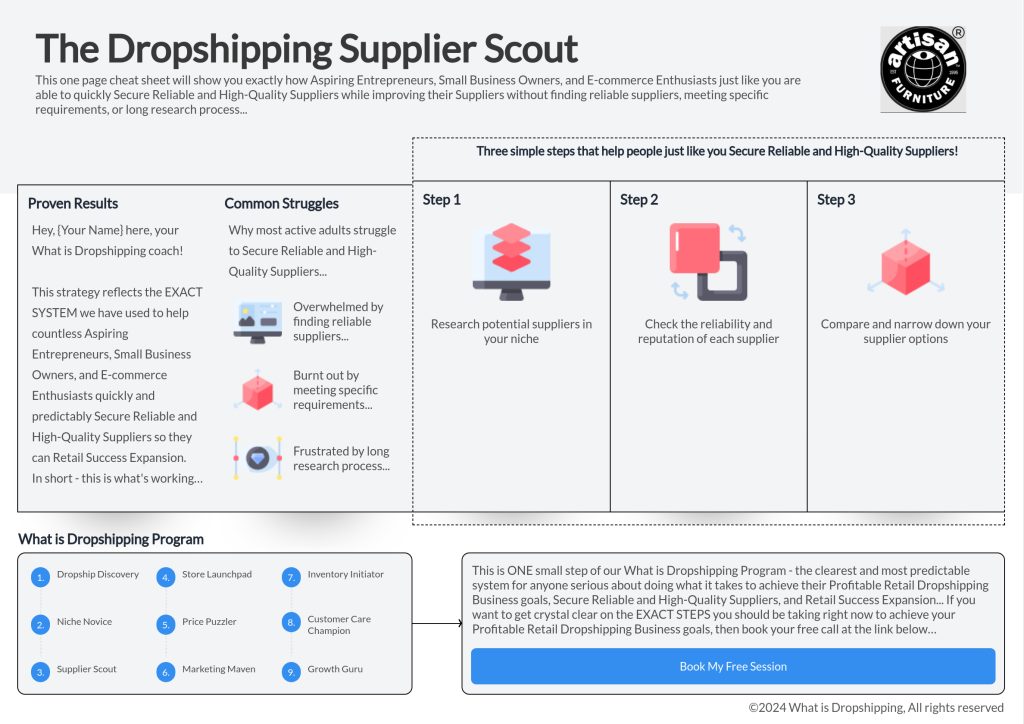Explore the legality and setup process of Dropshipping in the UK with our detailed guide. Discover whether dropshipping is legal in the UK, understand the specific legal requirements, and learn step-by-step how to start a dropshipping business. This resource provides essential information for both newcomers and seasoned entrepreneurs interested in the UK market, ensuring compliance and successful business operations.
What is dropshipping? Dropshipping has become an increasingly popular business model. However, it is crucial for entrepreneurs to understand the legal requirements associated with this practice, especially in the UK.
From VAT obligations to order fulfilment and delivery, are a crucial aspect of financial compliance for dropshipping companies, affecting both merchants and their profit. to GDPR compliance, this article examines the key legal considerations for dropshipping businesses in the UK, including ecommerce retailer responsibilities, online ecommerce website regulations, Shopify platform specifics, affiliate marketing strategies, delivery and order fulfilment requirements, all of which are crucial for running a successful and profit-generating dropshipping store.
By ensuring adherence to these requirements, entrepreneurs, including online sellers and drop shippers involved in retail arbitrage using the dropshipping model, can protect their ecommerce website businesses on platforms like Shopify and offer consumers a safe and trustworthy shopping experience, especially when handling customer orders and store products. This includes strategies to market your dropshipping business and manage shipping costs effectively.
Table of Contents
ToggleKey Takeaways
-
Dropshipping businesses in the UK, often facilitated by ecommerce platforms like Shopify to sell products online for order fulfillment and delivery, must comply with consumer protection laws, intellectual property rights, and data protection regulations when choosing products to sell.
-
VAT registration may be required for ecommerce business retailers selling goods online and dropshipping orders from outside the UK to customers within the UK, including those using Shopify for order fulfillment and delivery as part of their fulfilment process.
-
GDPR compliance is essential for online ecommerce and dropshipping businesses, including informing customers about data collection, implementing security measures, and ensuring Shopify order fulfillment process and marketing activities comply with inventory and seller requirements.
-
Dropshippers, including Shopify sellers, must obtain the necessary business licenses and comply with consumer protection laws, such as providing accurate product descriptions and clear return policies, in addition to ensuring a solid dropshipping agreement contract is in place for their ecommerce operations.
Understanding Dropshipping in the UK
In order to fully comprehend the intricacies of dropshipping in the UK as an ecommerce business, it is essential to delve into the various operational models, including Shopify fulfillment, and examine how they align with the legal framework and marketing strategies as a seller.
Dropshipping is an ecommerce business model where a seller, acting as a retailer, does not keep stock of the products they sell, instead relying on fulfillment by third parties upon receiving an order, often facilitated by platforms like Shopify, and heavily supported by marketing. Instead, drop shippers in the ecommerce business transfer customer orders and shipment details to multiple suppliers, under a dropshipping agreement contract, who then fulfills the products directly to the customer through platforms like Shopify as the seller.
There are three main operational models in dropshipping for an ecommerce business: arbitrage, private label, and manufacturing, involving Shopify as a platform, seller engagement, and fulfillment processes.
Arbitrage, often used in ecommerce and dropshipping, involves finding products at a lower price from one supplier and selling them at a higher price to customers on platforms like Shopify, acting as the seller, in order to generate profit.
Private label is when a retailer, often an ecommerce seller using platforms like Shopify, purchases products from a supplier, sometimes through dropshipping, and rebrands them as their own.
Manufacturing is the most complex model, where retailers design and produce their own products.
From a legal standpoint, dropshipping in the UK must comply with various regulations, including consumer protection laws, intellectual property rights, and data protection.
Retailers, including drop shippers who market your dropshipping and sell products online using the dropshipping model, must provide accurate product descriptions, offer refunds or exchanges, and ensure that customer data is handled securely, with particular attention to shipping details throughout the dropshipping process.
Additionally, they must respect intellectual property rights by not infringing on trademarks or copyrights.
VAT Requirements for Dropshipping Businesses
Retailers engaging in dropshipping businesses on Shopify must carefully consider the VAT requirements and ensure compliance with fulfillment to avoid any potential legal repercussions. Value Added Tax (VAT) is a consumption tax imposed on goods and services in the European Union (EU). It is the responsibility of the retailer to correctly charge and account for VAT on their sales, whether they are the supplier or the dropshipper involved in dropshipping and fulfillment.
When it comes to dropshipping, there are specific VAT rules that retailers need to be aware of. If a retailer is dropshipping goods from outside the UK to customers within the UK, they may be required to register for VAT in the UK. This is because the retailer, in a dropshipping fulfillment model, is deemed to be supplying the goods to the customer and is responsible for charging and accounting for VAT.
However, if the retailer is dropshipping goods from within the UK to customers within the UK, they may not need to register for VAT, as they are not considered the supplier. In this case, the dropshipper, involved in dropshipping and fulfillment, is responsible for charging and accounting for VAT.
Retailers involved in fulfillment and dropshipping must also ensure that they have the correct documentation and records in place to demonstrate their compliance with VAT requirements. This includes maintaining accurate records of sales, invoices, VAT returns, fulfillment, and dropshipping for a retail business.
GDPR Compliance for Dropshipping in the UK
There are several key steps that dropshipping businesses in the UK must take to ensure GDPR compliance in handling customer data to maintain the trust of customers of the online store. The General Data Protection Regulation (GDPR) is a set of regulations that govern the collection, storage, and processing of personal data for individuals in the European Union, which is paramount for ecommerce stores. For dropshipping businesses, this means that they must implement certain measures to protect the personal information of their customers.
One of the first steps is to clearly inform customers about the data that will be collected and how it will be used. This information should be provided in a privacy policy that is easily accessible on the dropshipping website. Additionally, businesses must obtain explicit consent from customers before collecting their data.
Furthermore, dropshipping businesses must also ensure the security of customer data by implementing appropriate technical and organizational measures. This includes using encryption methods to protect data during transmission and storage, regularly updating security systems, and restricting access to personal data.
To illustrate the key steps for GDPR compliance in dropshipping businesses, the following table provides an overview:
| Key Steps for GDPR Compliance in Dropshipping Businesses |
|---|
| Clearly inform customers about data collection and usage |
| Obtain explicit consent from customers |
| Implement appropriate security measures for data protection |
| Regularly update security systems |
| Restrict access to personal data |
Legal Obligations for Dropshipping Entrepreneurs
Dropshipping entrepreneurs must be aware of their legal obligations, such as complying with consumer protection laws, in order to operate their businesses ethically and avoid potential legal consequences. It is important for dropshippers to understand the legal requirements that apply to their dropshipping business model, as failure to comply can result in fines, legal action, and damage to their reputation.
Here are four key legal obligations that dropshipping entrepreneurs should be aware of:
-
Consumer Protection Laws: Dropshippers, engaging in dropshipping, must comply with consumer protection laws, which vary by jurisdiction. These laws typically require businesses to provide accurate product descriptions, honor warranties, address customer complaints in a timely manner, and ensure timely shipping and drop-off services.
-
Intellectual Property Rights: Dropshippers need to ensure that they are not infringing on any trademarks, copyrights, or patents when they source products for their dropshipping activities. It’s essential for maintaining the legal integrity of their online store, including shipping and dropshipping supplier, like Amazon and AliExpress. This involves conducting thorough research to ensure that the products they are selling through dropshipping do not violate any intellectual property rights.
-
Data Protection: Dropshippers, involved in dropshipping, must comply with data protection laws, such as the General Data Protection Regulation (GDPR) in the European Union. This includes obtaining proper consent for collecting and using customer data, implementing appropriate security measures, and providing customers with access to their personal information.
-
Advertising Regulations: Dropshippers must adhere to advertising regulations, such as truth in advertising and avoiding deceptive marketing practices in dropshipping. This includes providing accurate information about products, avoiding false claims, and disclosing any sponsored content or affiliate relationships.
Business Licensing Requirements for Dropshipping in the UK
Business owners in the UK must ensure they meet the necessary licensing requirements to legally operate their dropshipping ventures. Dropshipping has gained popularity as a low-cost business model that allows entrepreneurs to sell products without having to hold inventory. However, it is crucial for business owners to understand and comply with the legal obligations associated with the dropshipping business model to ensure the success of their online store.
One of the key licensing requirements for dropshipping in the UK is the need for a valid business license. This license is necessary for any business to legally operate within the country. It ensures that the business is registered and meets the necessary regulations and standards set by the government. Additionally, dropshipping businesses may also need to obtain specific licenses or permits depending on the nature of the products they sell. For example, if a business is dropshipping products that require special certifications or permits, such as pharmaceuticals or firearms, additional licenses may be required.
Furthermore, dropshipping businesses must also comply with consumer protection laws, such as the Consumer Rights Act 2015. This includes ensuring that products are of satisfactory quality, fit for purpose, and as described. Business owners involved in dropshipping must also provide clear information about their business, return policies, and terms and conditions to consumers.
Ensuring Consumer Protection in Dropshipping
To ensure consumer protection in dropshipping, it is imperative for business owners to implement robust policies and procedures that prioritize customer satisfaction and adherence to consumer rights laws. This is essential in building trust with customers and establishing a reputable business in the dropshipping industry.
Here are four key steps that business owners can take to ensure consumer protection, including shipping and dropshipping process, benefits of dropshipping, and best dropshipping suppliers.
-
Clear and transparent product information: Providing accurate and detailed product descriptions, including information on quality, dimensions, materials, source products, and shipping, helps customers make informed purchasing decisions and reduces the likelihood of disputes and drop in satisfaction.
-
Timely and reliable shipping: Ensuring that products are shipped promptly and using reliable shipping methods, including dropshipping, is crucial for maintaining customer satisfaction. Tracking numbers should be provided to customers so they can monitor the progress of their dropshipping orders.
-
Responsive customer support: Establishing effective communication channels and promptly addressing customer inquiries and concerns is vital for maintaining customer satisfaction. A dedicated customer support team should be available to assist customers throughout the purchasing process, including shipping and make dropshipping issues.
-
Fair return and refund policies: Having clear and fair return and refund policies protects customers’ rights and provides them with the assurance that they can return or exchange products if they are not satisfied, including shipping and drop-off options. These policies should adhere to consumer rights laws and be clearly communicated to customers of the dropshipping store.
Tax Considerations for Dropshipping Businesses in the UK
The UK government has introduced new tax regulations that dropshipping businesses must consider when operating in the country. These regulations aim to ensure that dropshipping businesses are properly registered and pay their fair share of taxes. Failure to comply with these regulations can result in penalties and legal consequences.
One of the key tax considerations for dropshipping businesses in the UK is the requirement to register for Value Added Tax (VAT). If a dropshipping business exceeds the VAT threshold of £85,000 in annual turnover, it must register for VAT and charge the appropriate VAT rate on its sales. This means that the business will have to account for VAT on its invoices, collect VAT from customers, and submit regular VAT returns to HM Revenue & Customs.
In addition to VAT, dropshipping businesses must also consider other taxes such as income tax and corporation tax. Income tax is applicable if the business is operated as a sole trader or partnership, while corporation tax is applicable if the business is incorporated as a limited company.
To better understand the tax considerations for dropshipping businesses in the UK, the following table provides an overview of the key tax regulations and obligations:
| Tax Consideration | Description | Deadline |
|---|---|---|
| VAT Registration | Register for VAT if annual turnover exceeds £85,000 | Within 30 days of exceeding threshold |
| VAT Returns | Submit regular VAT returns to HMRC | Quarterly |
| Income Tax | Pay income tax on business profits | Annually by 31 January |
| Corporation Tax | Pay corporation tax on business profits | Annually within 9 months of accounting period end |
It is important for dropshipping businesses to seek professional advice and ensure compliance with these tax regulations to avoid any legal issues and penalties.
Dropshipping Profit Margins: Analysis & Impact
Understanding dropshipping profit margins is key to unlocking the potential of your online business, making it a crucial step for any aspiring entrepreneur aiming for success.
Frequently Asked Questions
-
Do I need to register my dropshipping business in the UK?
- Yes, you need to register your dropshipping business in the UK. If you’re operating as a sole trader, you must register with HM Revenue and Customs (HMRC). If you’re setting up a partnership or a limited company, you’ll need to register with Companies House.
-
What tax obligations do I have for a dropshipping business in the UK?
- Yes, in the UK, dropshipping businesses must comply with tax obligations including income tax, National Insurance contributions if you’re a sole trader or a partner, and corporation tax if you’re operating as a limited company. Additionally, you may need to register for VAT if your taxable turnover exceeds the VAT threshold.
-
Are there specific consumer rights laws that affect dropshipping in the UK?
- Yes, dropshipping businesses in the UK must comply with consumer rights laws, including the Consumer Rights Act 2015, which covers the quality, fitness, and description of goods sold, and the Consumer Contracts Regulations, which provide rights for consumers shopping online.
-
Do I need to comply with GDPR for my dropshipping business?
- Yes, if your dropshipping business processes personal data of individuals in the UK or the EU, you must comply with the General Data Protection Regulation (GDPR) and the UK Data Protection Act 2018. This includes obtaining consent for data processing, ensuring data security, and providing rights to individuals regarding their personal data.
-
How do I ensure my dropshipping products meet UK safety standards?
- Yes, you must ensure that the products you sell meet UK safety standards. This involves checking that your products comply with specific regulations relevant to their category (e.g., electronics, toys, cosmetics) and holding documentation as proof of compliance, such as CE markings or UKCA markings.
-
Are there import duties and taxes for dropshipping to the UK?
- Yes, if you’re importing goods into the UK to fulfill orders, you may be subject to import duties and taxes. The rates and applicability depend on the type of goods and their value. It’s crucial to understand these obligations to inform customers about potential additional costs.
-
Do I need insurance for my dropshipping business in the UK?
- Yes, while not a legal requirement, it’s highly advisable to have insurance for your dropshipping business in the UK. Consider policies such as product liability insurance and professional indemnity insurance to protect your business against claims and legal costs.
-
How do I handle returns and refunds legally in dropshipping?
- Yes, in the UK, you must comply with the Consumer Contracts Regulations, which give consumers the right to cancel online purchases within 14 days of receiving the goods. You need to provide clear information on returns and refunds and ensure you process them according to the law.
What is dropshipping?
Dropshipping is a retail fulfillment method where a store doesnt keep the products it sells in stock. Instead, when a store sells a product, it purchases the item from a third party and has it shipped directly to the customer. As a result, the merchant never sees or handles the product.
How does dropshipping affect a businesss reputation?
Yes a businesss reputation in dropshipping largely depends on its suppliers reliability and product quality. Since the retailer has no direct control over inventory and shipping, any issues with product delays, quality, or fulfillment can lead to negative customer reviews and harm the businesss reputation.
Can I use multiple suppliers for my dropshipping business?
Yes, using multiple suppliers can be beneficial as it allows you to offer a wider range of products and can act as a safeguard against potential supply chain disruptions. However, managing multiple supplier relationships can also increase complexity in your order processing system.
How do I ensure product quality when dropshipping?
To ensure product quality in dropshipping, thoroughly research suppliers before partnering with them. Order samples for yourself to check quality firsthand, read supplier reviews, and maintain clear communication about your quality standards. Regularly review customer feedback for insights into potential quality issues.
What are some common challenges with dropshipping regarding supply chain management?
Yes there are some common challenges include dealing with out-of-stock items since inventory isnt directly managed by the retailer; longer shipping times compared to stocking inventory; limited control over packaging and branding; difficulties in ensuring consistent product quality; and potential communication barriers between retailers, suppliers, and customers that may lead to order fulfillment errors.
Images
